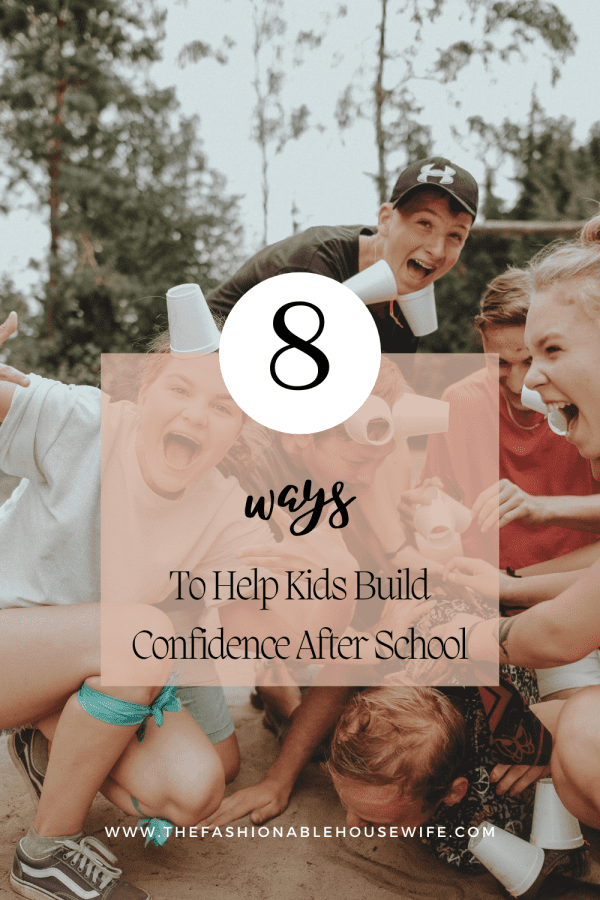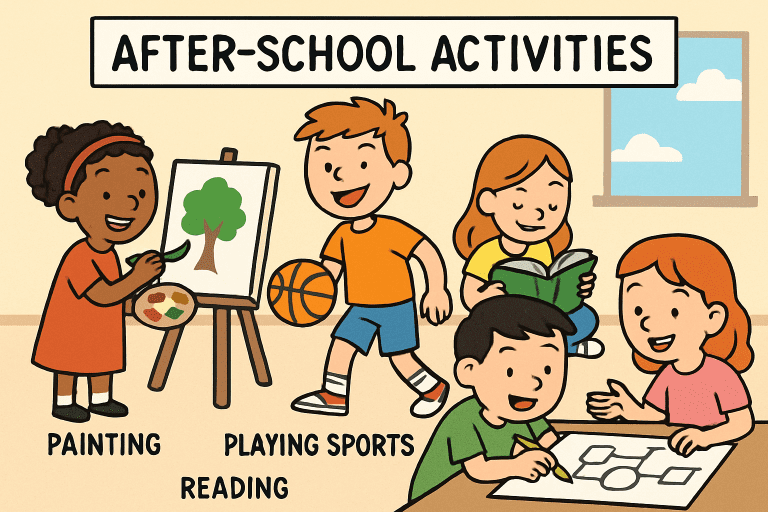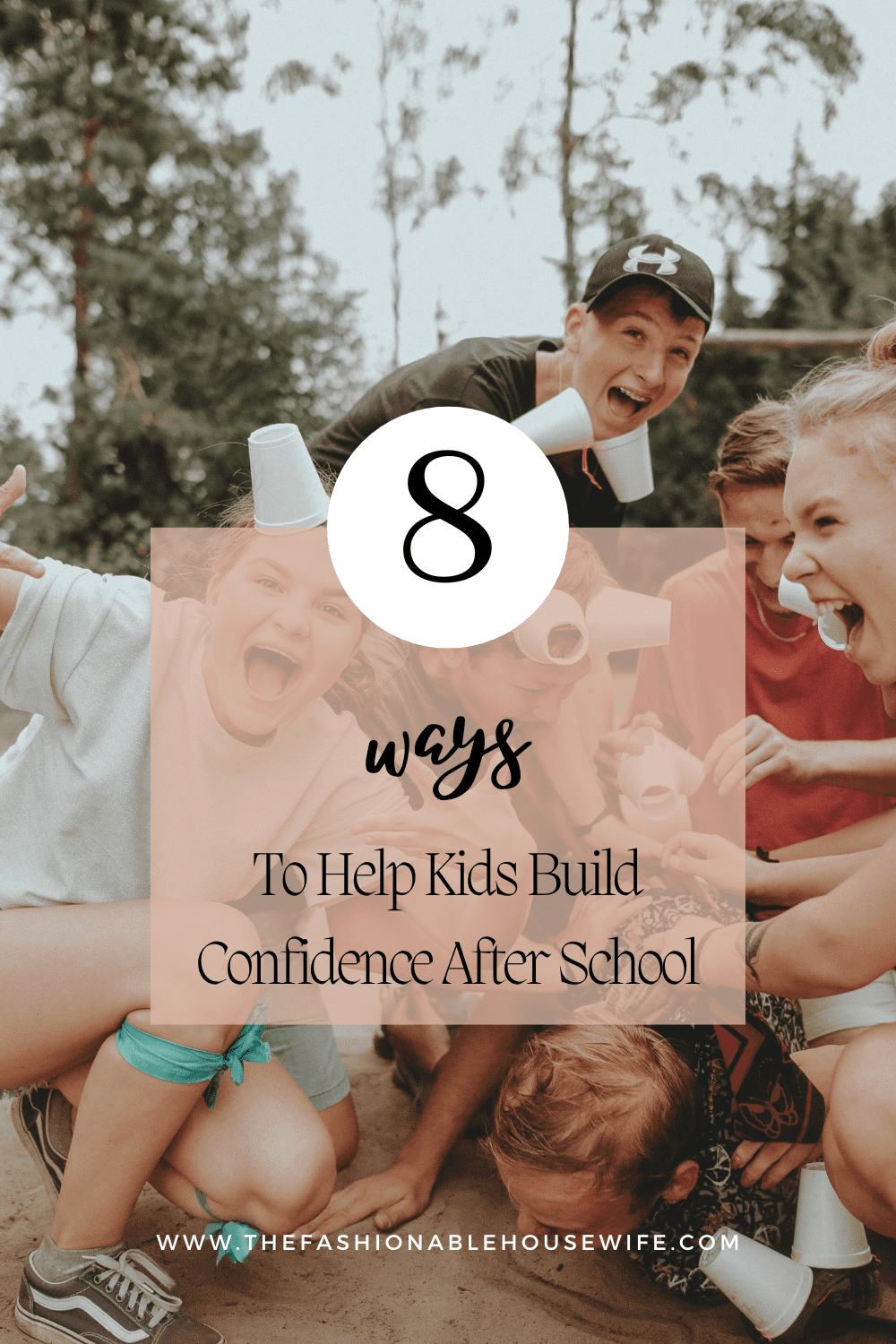Ways to Help Kids Build Confidence After School

Key Takeaways
- After-school activities are crucial to help kids build confidence and self-esteem.
- Incorporating creative and interactive experiences can enhance a child’s sense of accomplishment.
- Parental involvement and encouragement play a significant role in fostering confidence.
Table of Contents
- Encouraging Artistic Expression
- Promoting Physical Activities
- Implementing Role-Playing Scenarios
- Setting Achievable Goals
- Practicing Positive Affirmations
- Fostering Teamwork Through Group Projects
- Developing Public Speaking Skills
- The Role of Parental Support
After-school hours present a powerful window for children to build confidence, develop new skills, and nurture their self-esteem. The environment outside the usual classroom pressures creates ample space for growth, whether kids are at home, in community settings, or enrolled in structured before and after school programs. These activities are more than just ways to pass time—they lay the groundwork for lifelong confidence and resilience. Parents and educators play a pivotal role in shaping these experiences. Incorporating activities that emphasize creativity, teamwork, and goal achievement helps children see their potential and face new challenges with optimism. When a child feels both supported and empowered, they’re far more likely to take risks, try new things, and persist in the face of setbacks.
The after-school hours, therefore, become a laboratory for self-discovery, experimentation, and personal success. These experiences don’t just fill time—they help shape future leaders, problem-solvers, and communicators. The following creative strategies ensure that your child’s after-school hours are not only enjoyable but also confidence-boosting.
Encouraging Artistic Expression
Giving children the opportunity to express themselves through creative media can have a profound effect on their self-image. Artistic activities such as painting, drawing, sculpture, or crafting offer more than an outlet for imagination. Each completed project becomes a tangible reminder of their talents and growth. In quality daycare and afterschool care programs, these creative opportunities are thoughtfully incorporated into daily routines, ensuring that every child has a chance to explore and experiment. For some children, art may be the first place they feel “seen” or proud of their work, making it a cornerstone of confidence-building.
Promoting Physical Activities
Regular participation in physical activities, including individual pursuits such as dance and athletics, as well as team sports, helps children develop both confidence and a strong sense of identity. Team sports teach the value of cooperation, leadership, and persistence, while individual sports can highlight personal achievement and resilience. Children are more likely to thrive emotionally and mentally when daily routines prioritize exercise and consistent movement, which, according to the CDC, also supports better sleep, mood, and overall physical health. Encouraging children to engage in physical activity from a young age helps establish lifelong healthy habits. Over time, these routines not only improve fitness but also foster a positive relationship with their own bodies and well-being.
Implementing Role-Playing Scenarios
Practicing real-life scenarios through role play prepares children to handle a range of situations with confidence. Whether it’s introducing themselves, practicing how to respond in a disagreement, or rehearsing for a presentation, these exercises reduce anxiety and build problem-solving skills. Guided role play within a safe space gives kids the chance to experiment, receive constructive feedback, and realize that navigating new situations is something they can handle.
Setting Achievable Goals
Helping children set and achieve realistic, meaningful goals fuels their intrinsic motivation and sense of mastery. Start with small, attainable tasks and encourage kids to track their progress—whether it’s finishing a book, learning a recipe, or completing a challenging puzzle. Celebrate milestones and discuss the process, not the outcome. This approach helps children internalize the message that their efforts matter, a fundamental building block for self-confidence.
Practicing Positive Affirmations
Introducing positive affirmations into your child’s routine can significantly influence their self-perception. Encourage children to repeat statements like “I am strong,” “I am capable,” and “I can solve problems.” Simple routines, such as sharing daily affirmations at the end of the school day, can help shift negative self-talk and reinforce a growth-oriented mindset. You can also incorporate techniques from cognitive-behavioral therapy, such as writing in gratitude journals or drafting letters to your future self, to create long-lasting positive habits.

Fostering Teamwork Through Group Projects
Group projects foster essential interpersonal skills, teaching children how to communicate, negotiate, delegate, and work towards a shared goal. Whether building a model, creating a mural, or organizing a small event, collaborative successes boost both group cohesion and individual confidence. Learning to be both a leader and a supportive teammate prepares children for academic, social, and eventual professional environments.
Developing Public Speaking Skills
Public speaking often feels intimidating at first, but it’s one of the most valuable skills for building self-assurance. Encourage participation in storytelling circles, informal presentations, or school clubs where kids can express their ideas and learn how to engage an audience. Start with low-pressure settings and gradually increase the audience size as confidence grows. Over time, these experiences help children find their voice and trust their ability to communicate with clarity and poise.
The Role of Parental Support
Parents, guardians, and caregivers have an irreplaceable influence on a child’s confidence. Providing consistent encouragement, taking time to listen to daily challenges, and celebrating victories—big and small—lay the foundation for resilience and self-worth. Involvement isn’t just about oversight; it’s about demonstrating trust in your child’s abilities and offering reassurance in moments of failure or uncertainty. The more children feel seen and supported, the braver they become in stretching their boundaries and exploring new paths.
Confidence is not innate—it’s cultivated through intention, encouragement, and practice. By thoughtfully choosing after-school activities and providing nurturing environments, parents and educators can help children transform uncertainty into self-assurance and curiosity into accomplishment, setting the stage for a lifetime of success.

